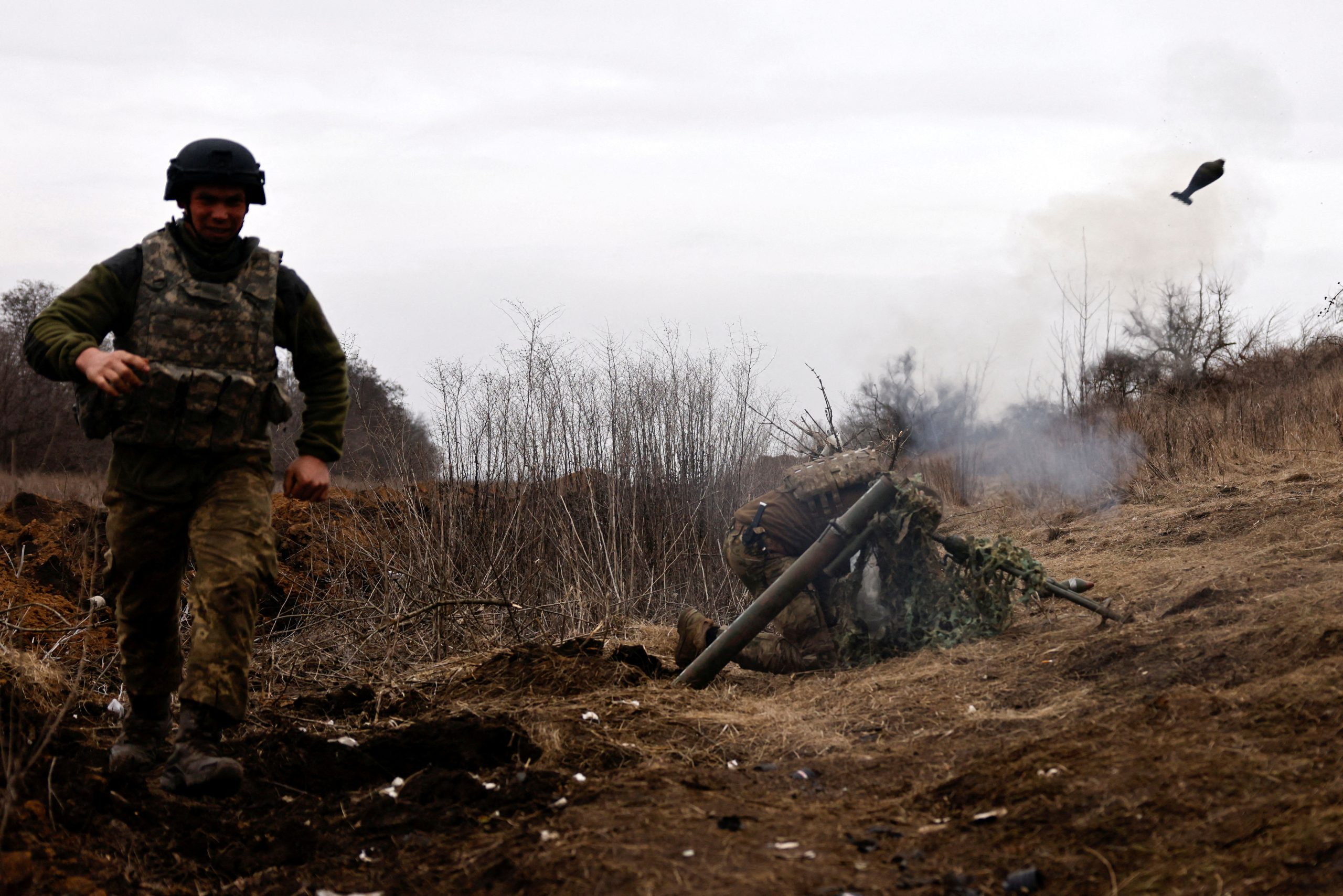
Willie R. Tubbs, FISM News
[elfsight_social_share_buttons id=”1″]
This weekend marked a turning point in the Russian invasion of Ukraine, but a turn to what remains a mystery.
History is replete with examples of moments – treaties, decisions, moves, shows of force, etc. – after which a war, and at times the world, could never return to its previous state of being.
Late last week, a pair of such instances occurred, both of which show the definitive stance the West intends to take with regard to Russia and President Vladimir Putin.
First, as was widely reported, the International Criminal Court brought Putin up on war crimes charges for allegedly deporting Ukrainian children to Russia.
“Incidents identified by my Office include the deportation of at least hundreds of children taken from orphanages and children’s care homes,” Prosecutor Karim A. A. Khan KC said in a statement. “Many of these children, we allege, have since been given for adoption in the Russian Federation. The law was changed in the Russian Federation, through Presidential decrees issued by President Putin, to expedite the conferral of Russian citizenship, making it easier for them to be adopted by Russian families.
“My Office alleges that these acts, amongst others, demonstrate an intention to permanently remove these children from their own country. At the time of these deportations, the Ukrainian children were protected persons under the Fourth Geneva Convention.”
The charge is mostly a nuisance to Putin today, but substantially more than a ceremonial wag of the finger from The Hague. At present, Putin is a wanted man in 123 nations, all of which are required to arrest and transfer him were he to arrive in their country.
Lucky for Putin, China, India, and the United States, the three nations he has the most political and economic interest in visiting, are not numbered among the 123.
But, the symbolic nature of the gesture should not be understated. This is as strong a signal as has been sent by the international community that Putin is being taken as an aggressor and criminal in his effort in Ukraine.
This means harsher sanctions and potentially elevated intervention strategies will become at least more openly discussed if not quickly adopted.
FINLAND BOUND FOR NATO
Almost concurrently with the arrest warrant came the news that Turkey, long viewed as an ally of Russia, was siding with its NATO neighbors in ratifying Finland’s entry into the North Atlantic Treaty Organization.
“NATO will become stronger with Finland’s membership and thus, I believe, will play an active role in maintaining global security and stability,” Turkish President Recep Tayyip Erdogan said in a statement.
Erdogan had previously vowed to block Finland and Sweden’s entry indefinitely, and he remains resolute in his resistance to Sweden joining.
Finland, though, is now clear to enter NATO, which guarantees more western weapons closer to Russia, and now a NATO nation butting against the world power.
Putin justified his invasion of Ukraine by saying that Western weapons were moving too close to Russian soil. It has long been Russia’s contention that places that share a border with Russia should not, for the sake of Russian national security, be members of NATO.
It remains to be seen how Putin reacts when the only buffer between Russia and NATO is the imaginary line that divides Finland and Russia.
Were Putin to choose to invade Finland, and there is zero indication that would happen, he’d find a substantially better equipped and trained foe in Finland, but he’d also be making a decision that would, sincerely, begin a world war.
All NATO nations are required by treaty to protect one another from invasion, so a Russian invasion of a NATO-enjoined Finland would trigger a NATO response from bases that effectively encircle Russia, albeit from a large distance away at most places.
The question would not be, as it has been with Ukraine, if European nations would send equipment, but rather how many Western resources would be deployed and how fast.
XI VISIT LOOMS LARGE
As more doors shut on Russia in the West, the long-time alliance between the largest nation in Europe and the largest nation in the world has taken on even greater importance.
Chinese President Xi Jinping is planning a state visit to Russia, and will no doubt continue to play a major role in Putin’s success or lack thereof.
In reality, Putin is fast moving toward a place in which he will be almost entirely reliant on China for economic survival.
